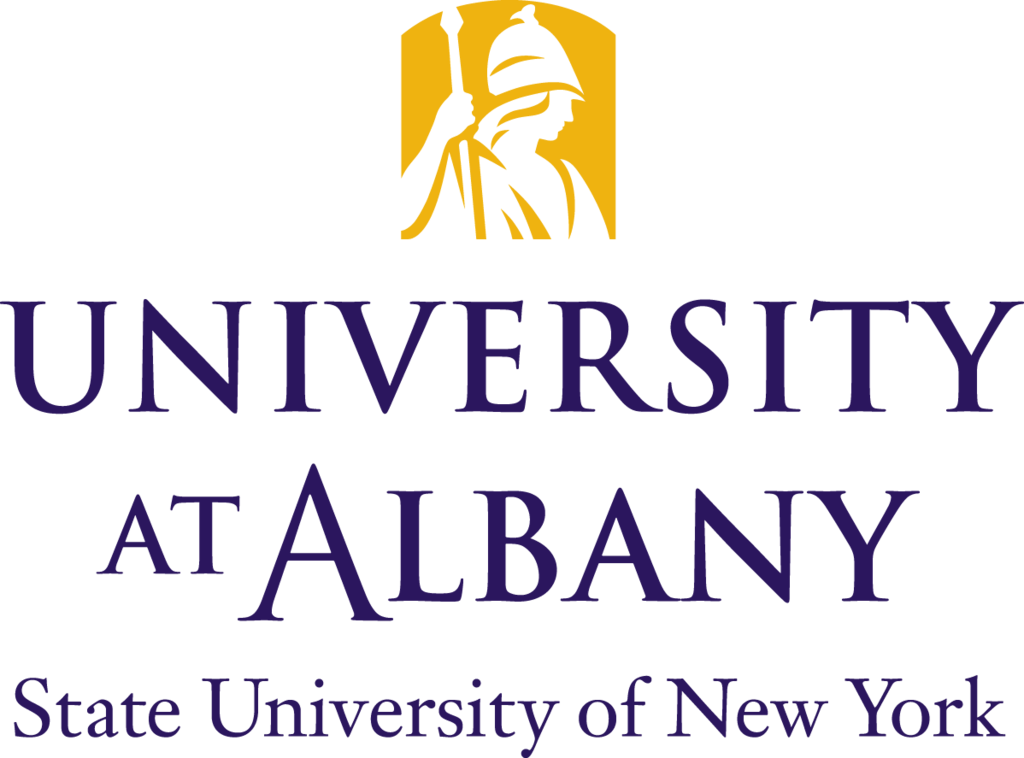ALBANY, N.Y. (June 24, 2022) — Nearly 50 years after the Supreme Court of the United States enshrined a constitutional right to an abortion in Roe v. Wade (1973), the Court today overturned that decision, sending the issue of reproductive rights back to individual states.
In Dobbs v. Jackson Women’s Health Organization, the Supreme Court, by a 5-3 majority, ruled that the Constitution of the United States “does not confer a right to abortion…”
In a concurring opinion, Chief Justice John Roberts wrote the “issue will be resolved by the people and their representatives in the democratic process in the States or Congress.”
In a dissenting opinion, justices Breyer, Sotomayor and Kagan took issue with the majority’s opinion overruling long-standing cases that sought to balance a woman’s right to terminate a pregnancy with the states’ interests in protecting fetal life. “Today,” they wrote, “the Court discards that balance.”
The University at Albany has faculty members available to discuss the decision, as well as the cases it overrules. They also can discuss what happens next in states with so-called trigger laws that would make abortion illegal following today’s ruling, and where the national debate over abortion goes from here.
UAlbany’s experts include:
Julie Novkov, interim dean, Rockefeller College of Public Affairs and Policy: A professor of Political Science and Women’s, Gender & Sexuality Studies at UAlbany, Novkov’s research and teaching are situated at the intersection of law, history, U.S. political development and subordinated identity. She views law as both a system of political and social control and as a site for reform through activists’ pressure. She is particularly interested in the way that the law defines and translates categories associated with identity, such as race and gender, and the ways that these categories transform and are transformed by legal discourse.
Christine Bird, visiting assistant professor of Political Science, Rockefeller College of Public Affairs and Policy: Bird’s research lies at the intersection of law and politics. She examines the policy agenda of the Solicitor General and the separation of powers dynamics at play in Supreme Court litigation. She specializes in how law interacts with public policy, judicial politics and constitutional law. Her research has been published in American Politics Research.
Barbara Sutton, professor and chair, Women’s Gender & Sexuality Studies: Sutton's scholarly interests include body politics, human rights, collective memory, globalization and women's activism particularly in Latin American contexts. The topics she is drawn to are broad and diverse, but reflect an overarching concern with how systems of social inequality based on gender, race, class, sexuality and nation-structure social experience. She is also affiliated with the Department of Sociology and is an associate member of Latin American, Caribbean, and U.S. Latino Studies.
Stephan Stohler, assistant professor of Political Science, Rockefeller College of Public Affairs and Policy. Stohler’s research and teaching interests are in the areas of public law and comparative politics, with a particular focus on the politics of rights. Stohler completed Reconstructing Rights: Courts, Parties, and Equality Rights in India, South Africa, and the United States, which examines the relationship between courts and political parties when interpreting constitutional rights. More recently, his research has focused on the politics of free speech in the United States and abroad.
About the University at Albany:
A comprehensive public research university, the University at Albany-SUNY offers more than 120 undergraduate majors and minors and 125 master's, doctoral and graduate certificate programs. UAlbany is a leader among all New York State colleges and universities in such diverse fields as atmospheric and environmental sciences, business, education, public health, health sciences, criminal justice, emergency preparedness, engineering and applied sciences, informatics, public administration, social welfare and sociology, taught by an extensive roster of faculty experts. It also offers expanded academic and research opportunities for students through an affiliation with Albany Law School. With a curriculum enhanced by 600 study-abroad opportunities, UAlbany launches great careers.
###
